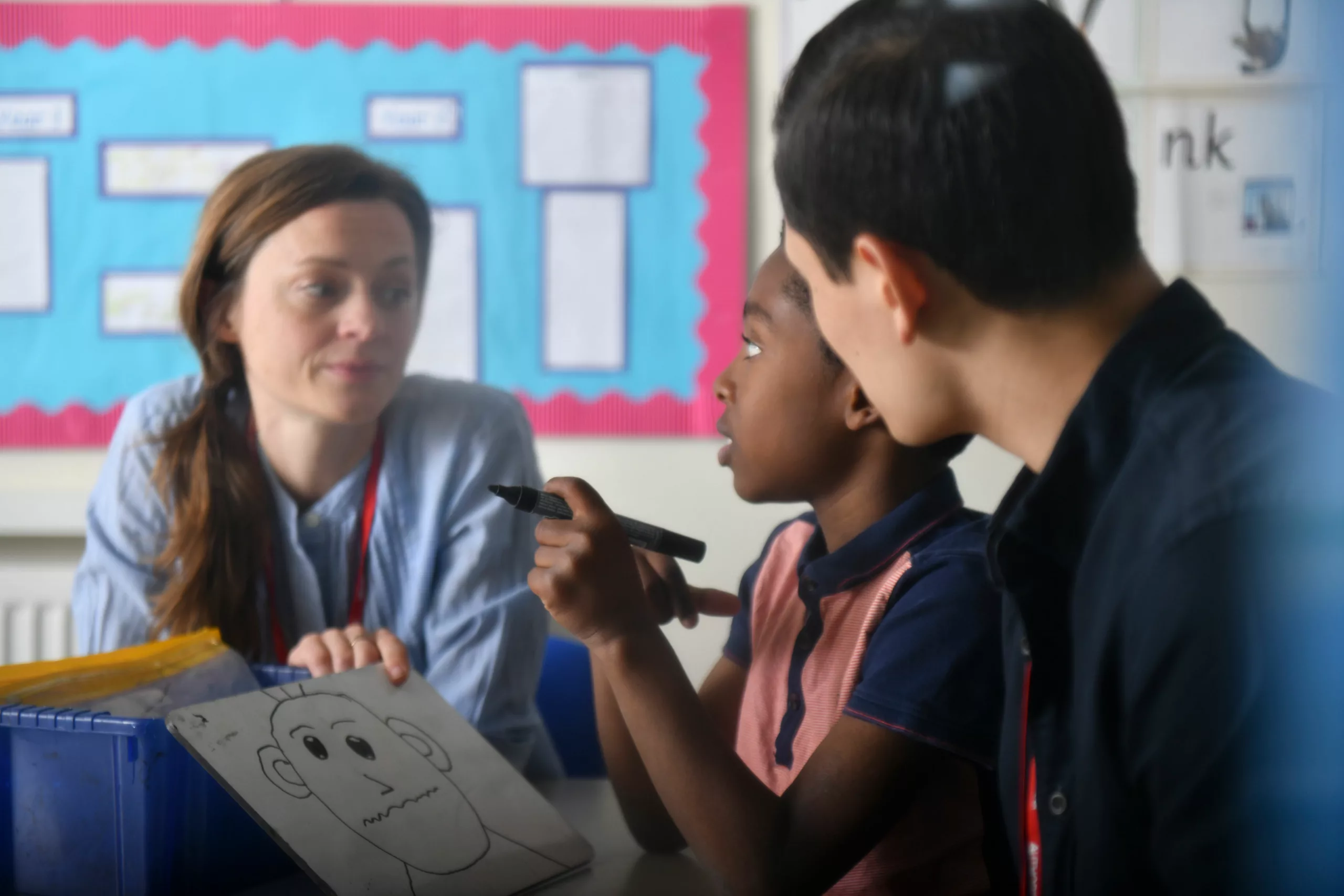
Communicating with children when you have concerns of sexual abuse course
Multi-agency
Participants
6 to 25
Duration
One-day
Location
Online / in-person
Price
£850 / £980 (in-person) + VAT
It continues to be the case that far more children are being sexually abused in England and Wales than are identified or safeguarded. Half a million children are estimated to experience some form of sexual abuse each year, yet research indicates only around one in eight cases of child sexual abuse ever reach statutory services’ attention.
Both research and practice show that it can take years for a child to get to the point where they feel able to tell someone. Sadly, often the younger the child is when the abuse starts, the longer it can take for it to be uncovered. We cannot forget that there are many barriers to children telling adults about harm and they may not recognise what is happening to them is abuse. It is vital that anyone who works with children knows how to recognise what is happening and understands how to help the child to have that conversation.
This course is for anyone who works with children, in any capacity, to develop their understanding of the many barriers children face in communicating and equip them with practical strategies to give children the confidence to share.
In this one-day course, the first part of the day will focus on understanding why it is difficult for children to tell of their abuse and will look at the core skills needed to give children the confidence to communicate. The second half – will offer practical suggestions for how to begin and continue these conversations – and will offer lots of opportunity for practice, feedback and group learning.
Who is this course for?
This course is for anyone who works with children in any capacity including those working in children’s social care, health (primary care, mental health, accident and emergency, midwifery, health visiting, sexual health), education, youth justice, police, adoption, fostering, voluntary organisations, youth work, and any other relevant services in contact with children and young people.
What you can expect to learn
Following this course, you can expect to gain:
- A greater understanding of the barriers children face in communicating their experiences of sexual abuse.
- Greater confidence in opening the door to communication with children when you have concerns about sexual abuse.
- Greater confidence in responding to children when they tell you they are, or have been, sexually abused.
- Some practical strategies you can use to give children the confidence to communicate with you.
- A greater understanding of how to communicate with children in different contexts.
